A Day in the Life
BY: SALMA MADI
When I received my acceptance letter to be a child protection and advocacy intern at UNICEF Egypt this past May, I was completely and utterly over the moon. Not only was I blessed to have the opportunity of working with Syrian refugees and Egyptian Street children, but the first through that ran through my head was: finally, a non-Egyptian organization that will treat me based on my intelligence and personal value instead of my gender. Shouldn’t it be a concern that my excitement was based on an opportunity to finally be treated equally? Isn’t that something I should already be granted and feel in my everyday life? A wave of conflicting thoughts clouded my mind, but I soon came to the realization that based on where I’ve been raised and the society I associate myself with, gender equality is a large and pressing issue that’s seldom spoken about and considered highly taboo to discuss.
Growing up female in a strongly conservative, patriarchal society in Egypt has led me to see my rights as a rare privilege instead of a fundamental necessity. It gets to the point where if someone in the society I interact with treats me with the same respect as they would towards a man, I’m left surprised and somewhat confused at this rare occurrence. I put all of those negative thoughts and experiences behind me, because UNICEF was going to be different. I was finally going to be treated as an equal.
I walked into the office on my first day nervous and excited, but excited for the new journey I was embarking on. First, I had a debrief with the director of the program who was a middle aged male. Typical, I thought to myself. He greeted me with a warm welcome, proceeded to inform me that I was the only female intern and as a result I’d be working with a female supervisor. “So you’re more comfortable”, he said to me. I was somewhat confused and taken aback at what I’d just heard but had no choice other than to listen to what I was told. Ironically, my supervisor was the only female head in the entire department, and based on her past experiences she was an extremely hardworking and ambitious woman who wouldn’t take no for an answer. I worked with her for the entire five weeks I spent at UNICEF, and observed how her tone of voice and the way she carried herself changed depending on the gender of who she was interacting with. When working with her male counterparts, it was as if she felt the need to prove herself or prove her worth. She had to work twice as hard to be taken seriously solely due to the body parts she was born with. Additionally, I was periodically asked if I needed help or assistance by my male supervisors, while the male interns were left to figure things out by themselves, or take initiative to ask for help if they needed it (God forbid they were to sacrifice their masculinity and ask for assistance). In a sense, I felt that I was looked upon as fragile, and at times as a damsel in distress simply because I’m a female. It’s interesting to see how much of an impact the society we live in has on way people interact with each other in the workplace.
"In a sense, I felt that I was looked upon as fragile, and at times as a damsel in distress simply because I’m a female."
As a strong advocate for gender equality and women’s rights, I had high hopes for UNICEF in terms of upholding gender equality since it’s an international organization and part of the United Nations. I thought I would finally be treated based on what’s inside my head as opposed to my body. However, it dawned on me that no matter where you are in the world and no matter how progressive the society is, unfortunately there will always be an element of inequality in the workplace due to the way humanity has evolved globally. It’s an issue that we must continue to actively battle on a daily basis until we start seeing change. On another note, although Hillary Clinton wasn’t successfully able to break the glass ceiling and win the election despite her high qualifications and history in foreign service, that doesn’t mean we should lose hope in any way. Rarely is it that we achieve success the first time we try to incite change as a society. It just means we should stand back up and fight harder for however many more attempts it takes till we get it right. Growing up, my mother always told me that nothing good in life ever comes easy, and as I’ve acquired more life experience and faced countless obstacles, it’s become a lifestyle I live by.
